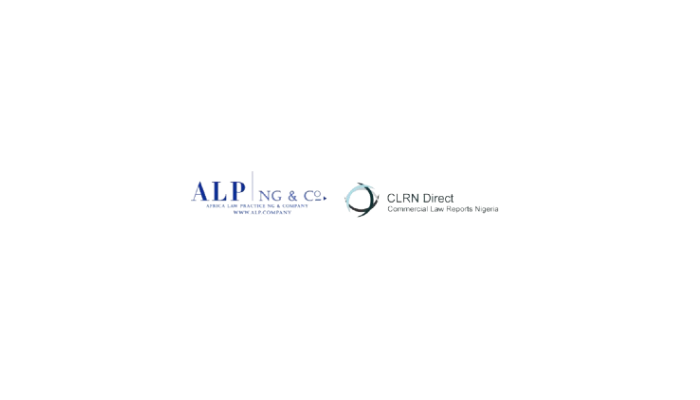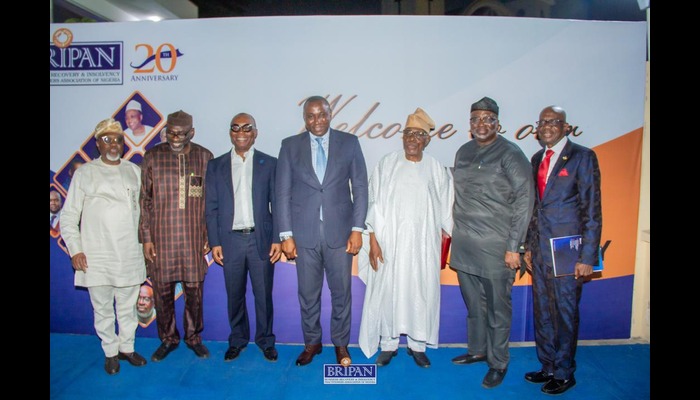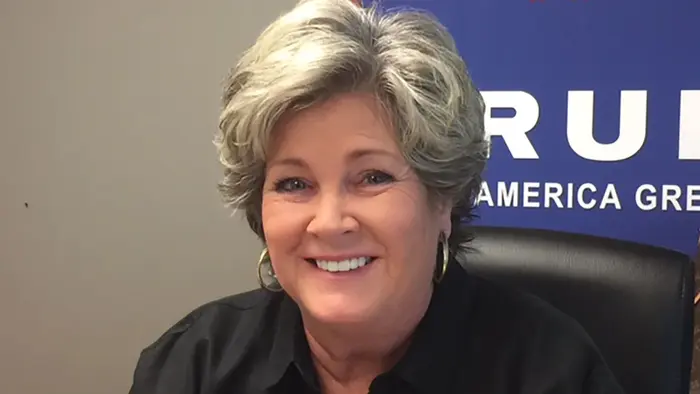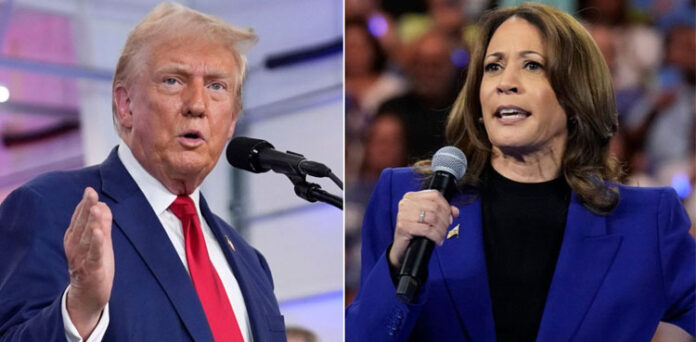“Elections may not be won on social media but perceptions are shaped here. More often than not, these perceptions even influence the so-called ‘legacy media,'” these are the words of respected Nigeran blogger, columnist and social media expert, Japheth Omojuwa.
It is an established fact that the then opposition party, the All Progressives Congress (APC), had been the biggest beneficiary of social media, as it took advantage of the frustrations of young Nigerians against the then ruling party – the People’s Democratic Party (PDP) – on social media, to win the 2015 general elections.
Social media provides unhindered space for young Nigerians to ventilate their frustrations on issues they wouldn’t have commented on in the conventional media.
According to telecommunications industry regulator – the Nigerian Communications Commission (NCC) – the country’s internet users stand at 91 million. Analysts say any politician that ignores the nation’s Internet population does so at his own peril.
They posited that just like the last general polls, social media will play an important role in the 2019 general elections, as it represents the new demography coming up.
In July, the National Council on Information (NCI) said social media might take over the 2019 elections because Nigerians have come to rely on whatever they find on social media than on conventional media.
In recent times, the platform has become part and parcel of Nigeria’s political environment. For instance, in 2010, it was instrumental to the ‘Enough is Enough’ campaign for the then Vice President Goodluck Jonathan to be made Acting President. Two years later, the platform was deployed for the #OccupyNigeria protest against fuel hike by former President Jonathan. Similarly, in 2016, stiff opposition in the social media community forced the Nigerian Senate to withdraw the controversial Frivolous Petition Bill, popularly known as anti-social media bill. The proposal sponsored by Deputy Senate Leader, Bala Ibn Na’Allah, was aimed at regulating activities on the network by imposing harsh penalties for tweets or text messages that conveyed statements considered untrue against an institution of government.
Governments at all levels place importance on the platform, to the extent that President Muhammadu Buhari; Senate President Bukola Saraki; most state governors and top political leaders have aides on social media.
However, there is an emerging trend, which some concerned political observers say could derail the immense benefits the platform provides, if not well checked. Besides being a platform to inform, educate and entertain, social media has become a double-edged sword. There are concerns over the use of the platform for spreading hate speech, circulation of false information and manipulating people’s images using Photoshop software.
In Nigeria, this takes the form of Pro-Buhari and Pro-Jonathan groups making uncomplimentary remarks against one another, while ethnic groups threaten ‘war’ against another on the Internet.
The development is not restricted to Nigeria alone. In the United States of America, Conservatives and Liberals are also engaged in venomous rhetoric against one another.
Citing security reasons, Botswana’s army in 2012 banned soldiers from using Facebook, Twitter and other social media sites.
In his first national broadcast after over three months medical treatment in the United Kingdom, President Muhammadu Buhari expressed concern over the use of social media by some elements to spread falsehood in addition to promoting hate speeches, violence, anarchy and confusion in the country.
The President, whose death rumour had gone viral on the Internet during his medical treatment in London, expressed displeasure at social media comments that ‘crossed our national red lines’, promising to crack down on anything that disturbs the unity of the country.
“In the course of my stay in the United Kingdom, I have been kept in daily touch with events at home. Nigerians are robust and lively in discussing their affairs, but I was distressed to notice that some of the comments, especially in the social media have crossed our national red lines by daring to question our collective existence as a nation. This is a step too far,” he said.
Two weeks ago, Vice-President Yemi Osinbajo had said that thenceforth, the Federal Government would treat hate speech as terrorism, while the Nigerian military warned against the dangers of social media-induced hate speech to national security and development of the country.
As a follow-up to the President’s warning, the army revealed that the military had set up strategic media centres to monitor anti-government comments on social media.
Speaking on Channels Television, Director of Defence Information, Major-General John Enenche said the military has started paying more attention to the activities of Nigerians on social media as a reaction to the rise in misinformation and hate speeches that have gripped the country. He said these actions are capable of jeopardising the security and unity of the country, and that the military is ready to prevent that.
He bemoaned the use of social media to spread falsehood and promote hate speeches in Nigeria, arguing that such trend has the potential of igniting crisis.
He said: “Imagine when the President came back and addressed the nation, not up to 30 minutes later, a fake speech of the Commander-in-Chief was being circulated in order to do what? To derail the people.
“If you are not very sharp and if you didn’t listen to the speech or you don’t have a copy of it like I had it almost immediately, you wouldn’t know. So, looking at it from that perspective, it is a challenge everywhere.”
The NCI, the highest policy-making body for information articulation and delivery in the country, has also suggested the setting up of a council to regulate the use of social media in Nigeria.
The recommendation was part of a communiqué issued at the end of Extraordinary Meeting of NCI on Hate Speeches, Fake News and National Unity held in Jos, Plateau State.
The Council presided over by the Minister of Information and Culture, Lai Mohammed, recommended the use of stringent measures in checking conventional media and their programmes.
The Council noted that there was no way vetting and editing posts on Social media could be possible since it has no address.
It also suggested that information managers at the state level should open a website that would immediately counter report of any misinformation posted on social media.
It further recommended the killing of whatever is assumed or presumed to be hate speeches or fake news or misinformation by the information managers in various states on social media.
Speaking on the development, Yinusa Tanko, National Chairman, National Conscience Party (NCP), attributed the rumours surrounding the President’s death to hoarding of information by the Presidency.
In a chat with BDSUNDAY, communications specialist, Anayo Okocha, described moves to regulate social media as an attempt to gag free speech and abuse the rights of Nigerians as enshrined in the Constitution.
According to him, it is unnecessary to police social media, adding that it is a platform which extends the editorial role to the individual who must monitor themselves based upon his or her ethical standards. He pointed out that it is up to the consumer of social media to establish a relationship of trust with the particular follower.
“Social media is intended to be that way. This is what makes it different from traditional media that is moderated by editorial lines and professional ethics of fairness, objectivity among others.
“To expect social media to constrain itself the way traditional media does is to fail to understand what social media is and its role in information circulation. Once social media is regulated, it would defeat its purpose,” Okocha argued.
But a social media enthusiast, Taiye Olugbenga disagreed, pointing out that there should be tough measures on how to manage social media content.
Olugbenga explained that because of the country’s history and the fact that no nation can survive two civil wars, it is not good to post or share hate speeches on social media.
He therefore canvassed for the regulation of social media to avoid abuse.
His words: “Currently, it is more difficult to control the use of social media. But, regulations are needed. The majority of teenagers are addicted to the social media and sometimes abuse social media which is wrong. If nothing is done, this will be the legacy for generations and generations.
“Punishment should be set for anyone who uses social media irresponsibly. More training is needed to teach people how they could responsibly use those platforms. The use of social media doesn’t require anyone to attend school but it is about self-control”.
OWEDE AGBAJILEKE, Abuja









